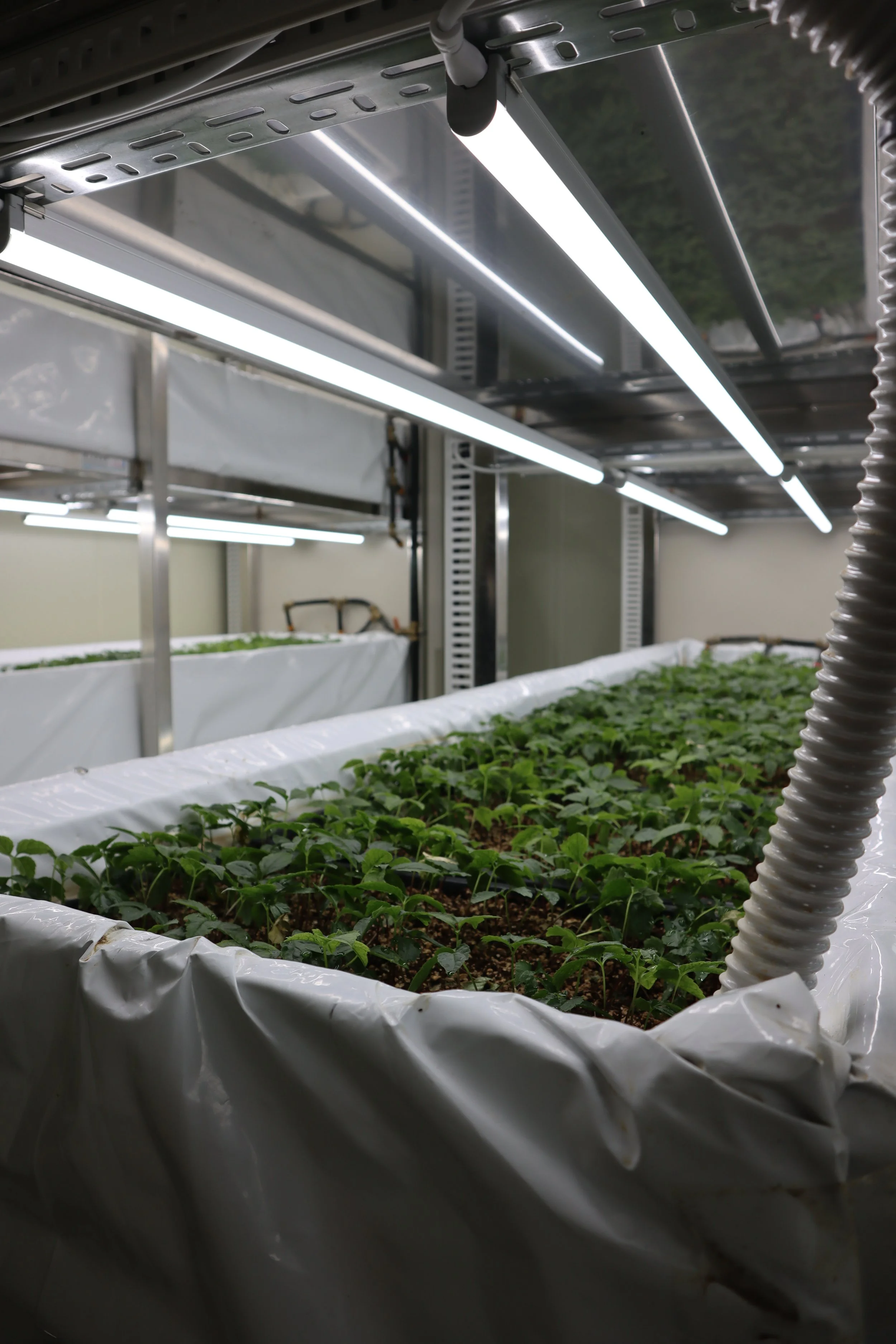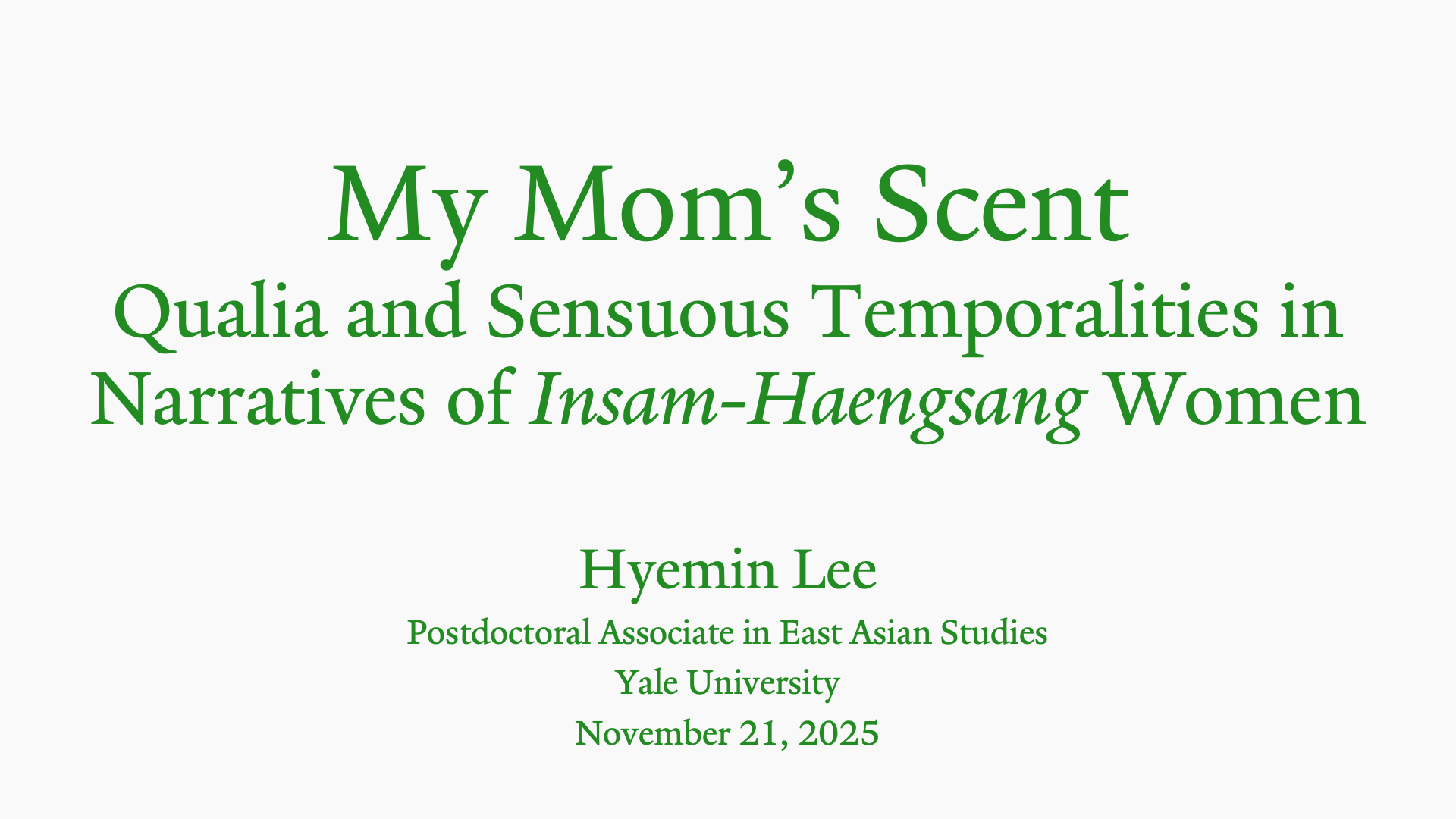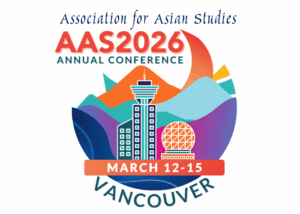
Publication
-
In traditional Korean medicine (TKM) clinics in South Korea, acupuncture is a popular therapeutic practice to remove physical discomforts. This paper examines the cultural semiotic rendering of an abstract, kinesthetic quality called “shiwŏnham” into medical efficacy through acupuncture treatments, observed through ethnographic fieldwork in a TKM clinic. By employing the conceptual framework of qualia, I argue that shiwŏnham in TKM clinic is the sign of efficacy expressed through the body, both in linguistic and synesthetic forms. The analysis of shiwŏnham also reveals the semiotics of change: the qualitative dynamics of changes-of-state and the cultural change across generations in Korean society. I examine an extended interaction observed in a TKM clinic, during which a young patient learns to experience and interpret the senses and sounds of shiwŏnham as a sign of efficacy through conversations with an older family member and the doctor. This interaction illustrates how participants attempt to bridge their intergenerational, interpretative gaps about the relevant qualia and the conventional qualisign of shiwŏnham. Together through this semiotic analysis of shiwŏnham, I show how central shiwŏnham is to the expressive evidence for TKM, that is, culturally legible evidence of efficacy reflecting modes of awareness, expression, and the value of a sensation.
“Sound of Healing”: Qualia and Medical Efficacy in a Traditional Korean Medicine Clinic
2022, Journal of Linguistic Anthropology
Paper adapted from chapters of MA thesis with follow-up research
Winner of the 2020 CAM/IM Best Graduate Student Award, Society of Medical Anthropology
Presented at NEKST 2018, AAA 2019
“Talking about Pain in Traditional Korean Medicine Clinics”
In-press, Language and Health in Action (co-edited by Lynnette Arnold (University of Massachusetts Amherst), Emily Avera (Colgate University), Anna I. Corwin (California Institute of Integral Studies), and Jennifer R. Guzman (SUNY Geneseo))
Paper adapted from chapters of MA thesis
Racial Optics of Escalation
2024, Current Anthropology (65)3
Comments by Dr. Jennifer B. Delfino (University of Illinois Urbana-Champaign), Dr. Adrienne Lo (University of Waterloo), Dr. Constantine V. Nakassis (University of Chicago), and Dr. Kristina Wirtz (Western Michigan University).
-
Arguments about escalation incite and condone racial violence by denying constitutional rights to critique and protest the government during police-civilian interactions and acts of free assembly. To understand how racial minorities are coerced into giving up these rights to save themselves from being perceived as escalating agents and being at the receiving end of excessive force, one must examine the legacies of slavery and genocide and the role of video surveillance inUS policing. We argue that escalation does not characterize the pace of events but is instead a language ideology buttressed by interdiscursive processes shaping social personae across discrete communicative events. We discuss how the racial optics of the military-police-entertainment industrial complex transform video surveillance into potentially harmful technologies by reaffirming the belief that visual and aural signs of escalation are measurable markers of conflict. We analyze Black-aligned voices engaging in communicative acts of protected speech and free assembly to offer a theoretical framework for understanding White supremacy as upheld by diverse communicative practices related through the logics of escalation. We conclude by considering how the video discourse analysis of speech, gesture, and movement can elucidate the interactions, ideologies, and institutional structures that justify the scaling up of police responses.
Latest Presentations
My Mom’s Scent: Qualia and Sensuous Temporalities in Narratives of Insam-Haengsang (Ginseng Traveling Vendor) Women
The 2025 American Anthropological Association (AAA) Annual Meeting
Organized the panel “Narrating the Ghostly Temporalities of Korea”
Ginseng Sovereignty: Biosovereign Claims, Science, and the Politics over Life in South Korea
Postdoctoral Associates Lecture Series
MacMillan Center for International and Area Studies, Yale University
Theorizing Evidence-Making and Presenting: A Discussion on Modality and Addressivity
The 2025 Society for Linguistic Anthropology Conference
Organized the panel “Past-Lives and After-Lives of Evidence: Theorizing Certainty in Knowledge Production” (with Sonia Das (NYU)
Pushed Limits, Moving Bodies: Narrating T’ojong for Korean Ginseng amid Environmental Changes
Association for Asian Studies Annual Conference 2025
Organized the panel “On the ‘Origin’ of ‘Korean’ Species: Making ‘T’ojong/Nativeness’ in South Korea and Beyond”
“Earth to Health”: Multispecies Imaginaries of Immunity in the Korean Ginseng Industry
The 2024 American Anthropological Association (AAA) Annual Meeting
Organized the panel “Interspecies Immunity: Frontiers of Health in the (Post-)Pandemic Era (with Marty Miller (NYU)
Teaching at the Intersection of Medical and Linguistic Anthropology
Roundtable at the 2023 AAA/CASCA Annual Meeting
“My Mom’s Scent”: The Scent, Voices, and Evidence in Narratives of Insam-Haengsang Women
Presented at the 10th International Conference of NextGen Korean Studies Scholars (NEKST) (Discussed by Dr. John Duncan (UCLA))
“Sounds of Healing”
Guest lectured at Medical Anthropology (NYU), Language and Medicine in Practice (Colgate University, Ithaca College), and Language and Sense (Seoul National University)
Upcoming Presentations
"Bureaucratic Roots: Certificate Governmentality and Multispecies Governance in Korean Ginseng"
Scheduled to present at the Science and Technology in Asia seminar series, Harvard University Asia Center
Ode to Certificates: Certificate Governmentality and the Translation of Ethical Korean Ginseng Farming
Scheduled to present at the 2026 AAS Annual Conference
Organized the panel “East Asian Paper Tigers: Unpacking Governance and Governmentality through the Practices of Documents”











